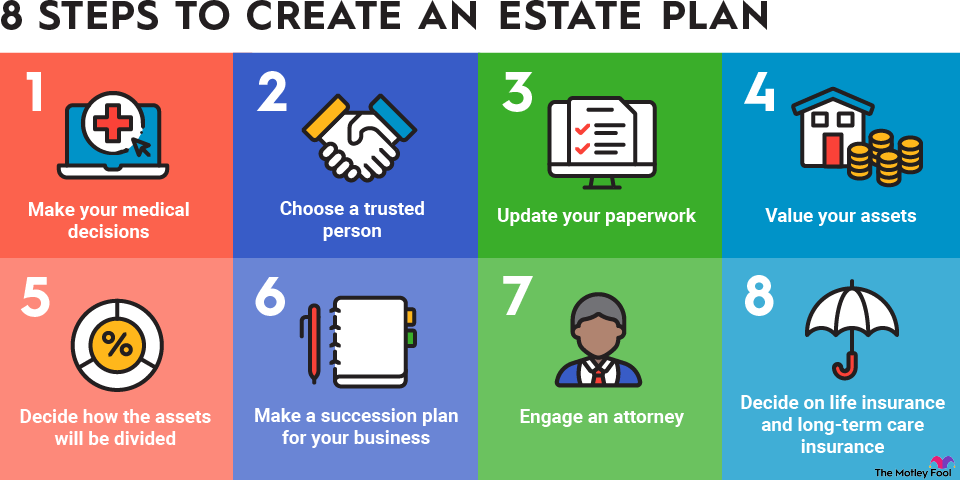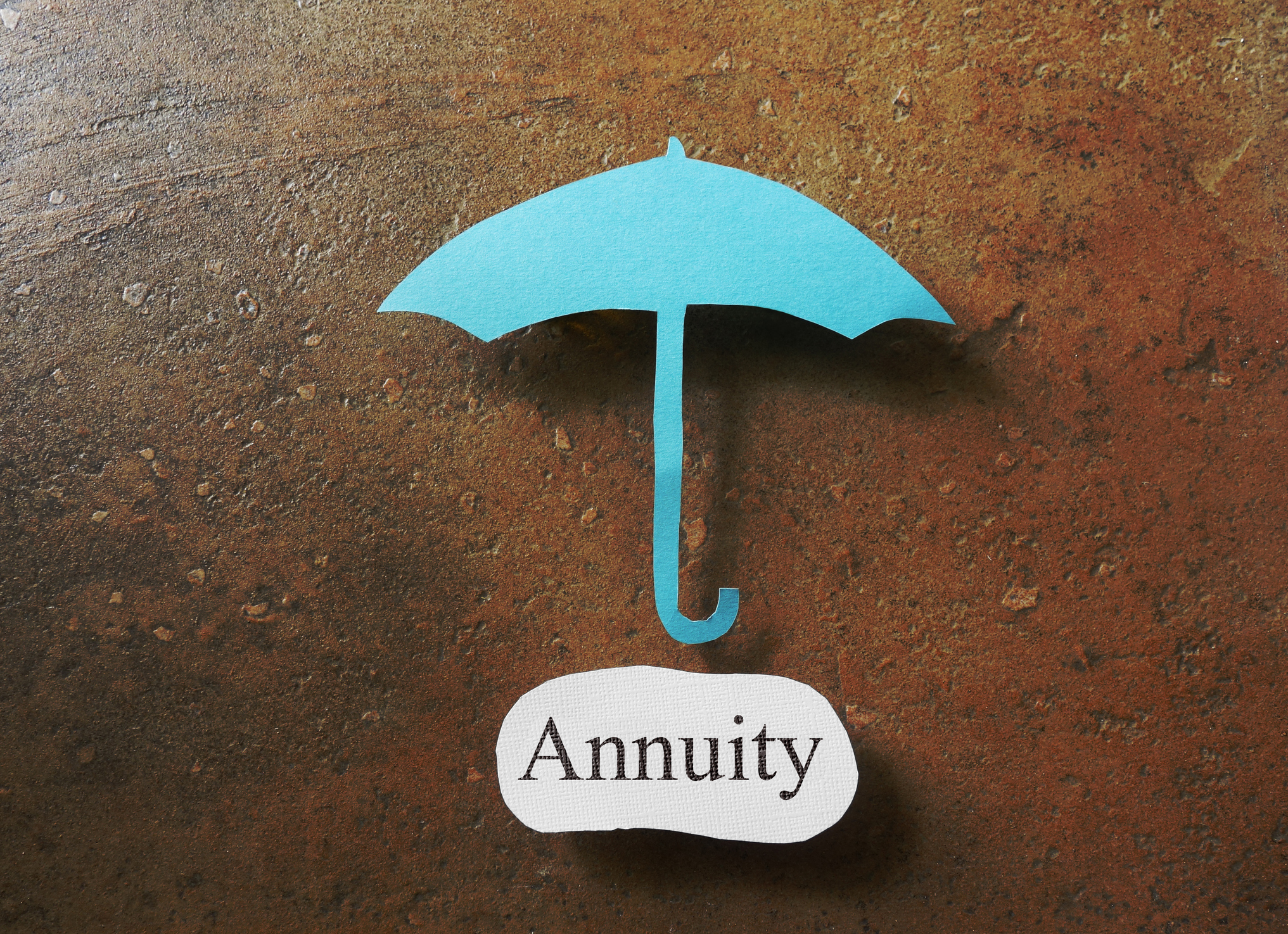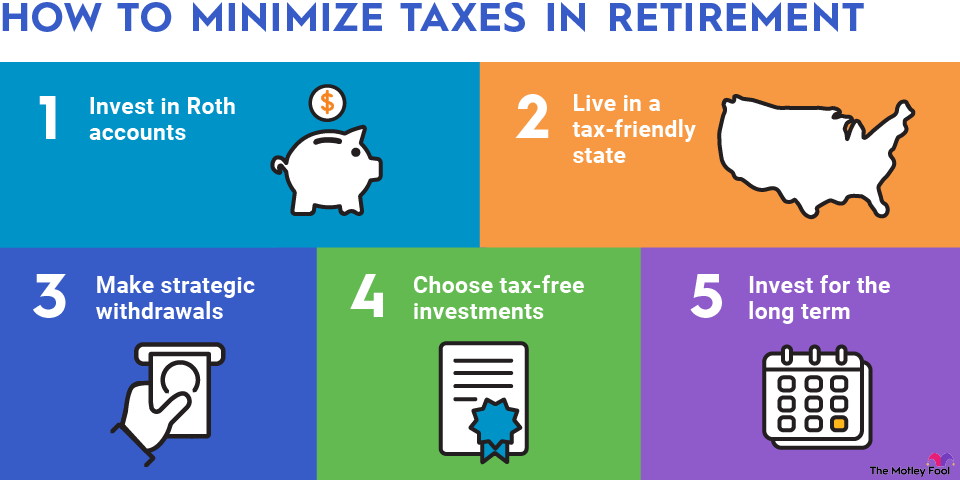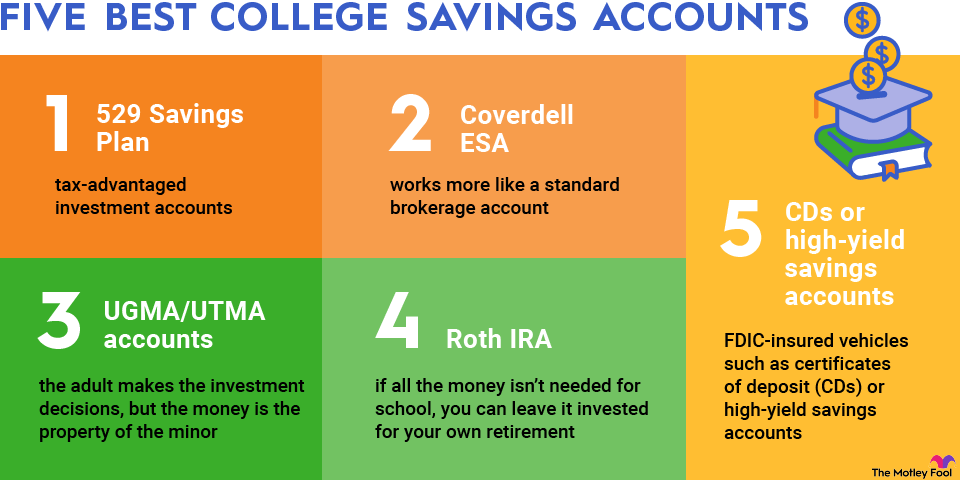Estate planning is planning for what you want to happen to you and your assets at the end of your life. Many people think that estate planning just means preparing a will, but this type of planning actually covers much more.
You need to decide who will manage your assets and medical care if you lose the capacity to make decisions. You'll also need to decide what kind of life insurance you'll need, if any, and consider whether to create a trust, which allows assets to transfer outside probate.

Who needs an estate plan?
The easy answer is everyone. Of course, hiring an attorney and creating an estate plan may not be an option for everyone. There are basic estate plans online if you need a more affordable option. But if you have children or other dependents, or you have substantial assets, stick with an attorney.
You should have an estate plan even if you aren't wealthy and don't have dependents. It's impossible to know when you may become incapacitated, and some pieces of the plan can take a long time to come together.
What are the benefits of creating an estate plan?
Here are a few key benefits of creating an estate plan now:
- You make the decisions about your medical care and assets: If you die or become incapacitated before you put your wishes on paper, a court will decide what happens. This means a government-appointed guardian may make choices about whether to keep you alive using extraordinary measures. And probate court will divide up your assets based on default rules.
- You can minimize tax: In 2026, the first $13.99 million of a single person's estate is exempt from federal estate tax. For married couples, the first $27.98 million is shielded. In 2026, these exemptions are $15 million for single people and $30 million for married people. That may seem like a high bar now, but there is no guarantee that these numbers won't go down in the future. There are ways to avoid these taxes, including putting assets in a trust or leaving all assets to a spouse who then claims a larger exemption.
- You can reduce other costs: There are fees for probate and other estate management items that you can reduce or eliminate with proper planning.
- You can plan for dependents: Even if you don't have a lot of assets yet, you can work on a life insurance plan to support your dependents in a worst-case scenario. You also want to decide who will have custody of your minor children and how pets will be cared for.
8 steps to creating an estate plan
Here are the steps to creating and maintaining an estate plan:
1. Make your medical decisions
This includes deciding how much and what kind of care you wish to receive, and who can make medical decisions for you if you are incapacitated.
2. Choose a trusted person
You'll need to choose a healthcare proxy who will make medical decisions if you're unable to do so. You'll also want to designate someone as your power of attorney to manage your financial affairs and property if you can no longer do so. This person is often a child or spouse, but it can be anyone you choose.
3. Update your paperwork
Make sure the beneficiaries on any life insurance policies and retirement accounts are updated. Beneficiary designations supersede your will instructions. That means that even if you leave all your assets to someone in your will, the person listed as the beneficiary will receive the policy or retirement account. You don't want a death benefit to go to an ex-spouse because the forms were never updated.
4. Value your assets
Put together a personal balance sheet that includes real estate, stocks, bank balances, vehicles, collectibles, and all liabilities. Keep these values updated.
5. Decide how the assets will be divided
Unless you set up an irrevocable trust, these decisions can be changed. After you do this, make your bank account payable on death. This will make it so the money avoids probate and goes directly to the beneficiary.
6. Make a succession plan for your business
If you own and run a business, you probably have an idea of how difficult it would be to continue operations if you weren't there. Put a plan together for future ownership and who will manage the company.
7. Engage an attorney
No matter what size your estate is, you'll benefit from working with a professional. You can also disregard the order of this list if you're having problems and engage an attorney for help at any time.
8. Decide what type of life insurance and long-term care insurance you need
Life insurance will support your dependents, and long-term care insurance can save you from losing your assets if you need nursing home care.
Estate planning tools you may need
The following tools can help you in estate planning:
- A will: A will determines who inherits which assets. Any assets in a will transfer through probate.
- Trust: There are all kinds of different trusts for people with different asset levels and goals. Work with an attorney to determine which is best for you. You'll need to decide whether to use a revocable trust or an irrevocable trust. Revocable trusts allow you to make changes at any time, while irrevocable trusts are basically set in stone. The upside of using an irrevocable trust is that it can't be touched by creditors (or the IRS).
- Pour-over will: Many people put the biggest and most important assets into a trust and use a pour-over will for everything else. A pour-over will is used to transfer any remaining assets into the trust after you die to be distributed by the trustee.
- Advance directives: Advance directives will determine your future medical care. There are typically three types: A living will spells out what type of medical care and medical decisions you want made for you. A healthcare proxy makes decisions if you are incapacitated. And power of attorney is granted to someone to maintain your finances if you are incapacitated.
- Limited liability company: If you own a business as a sole proprietor, consider converting it to a limited liability company. This will make the future transfer a lot easier.
- Joint tenancy with rights of survivorship: For many assets, such as real estate and brokerage accounts, you can change the way you own the property to make it jointly owned with rights of survivorship. This will allow it to automatically transfer to the other joint owner.
You should be armed now with enough information to begin your estate planning. Even if you're young and your assets are limited, it's essential to start making a plan.


















